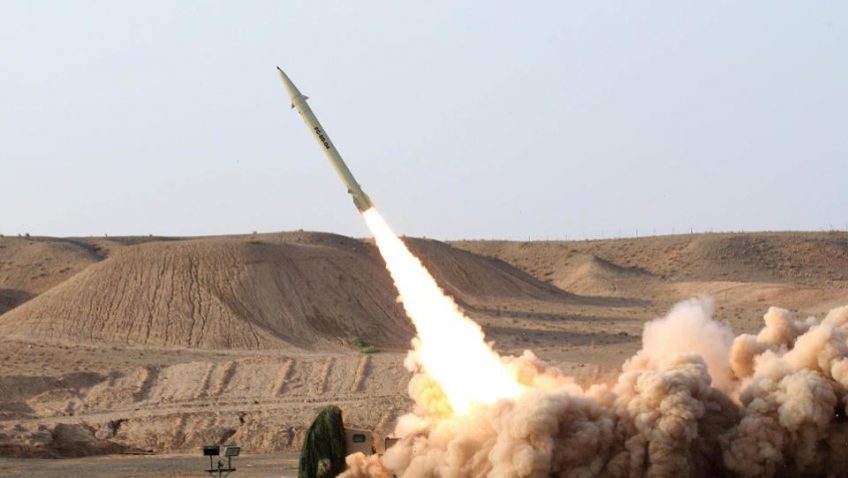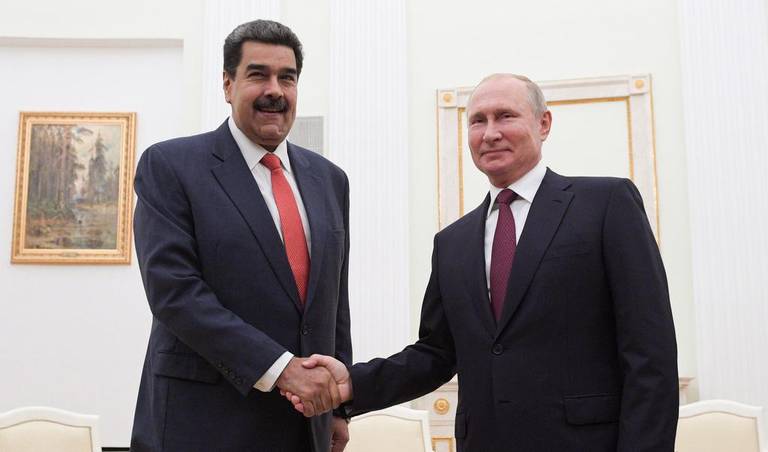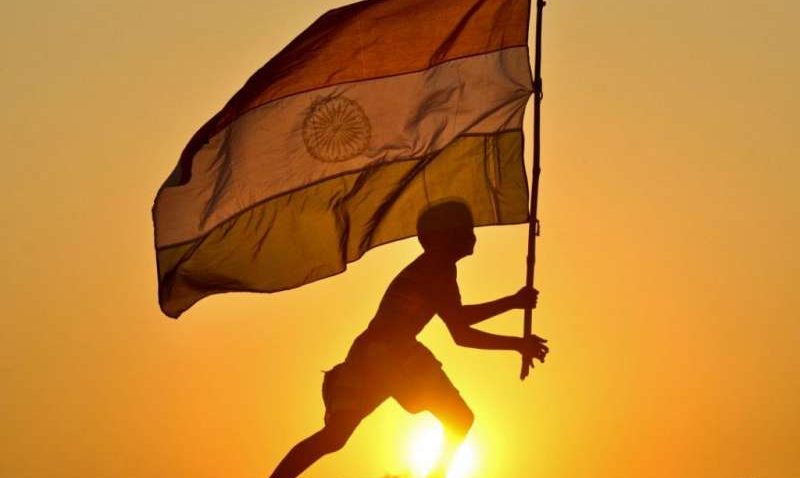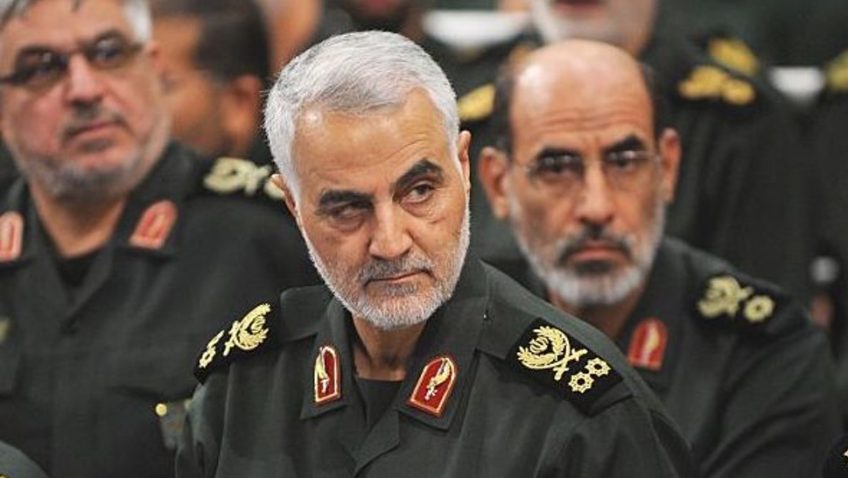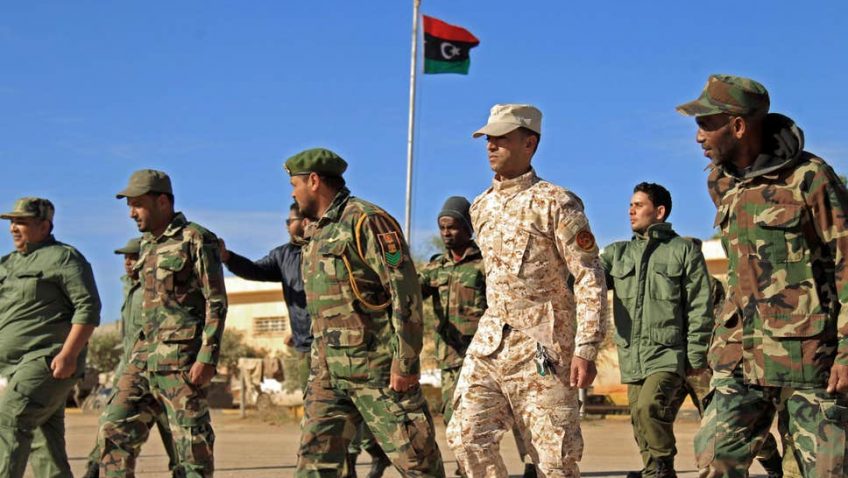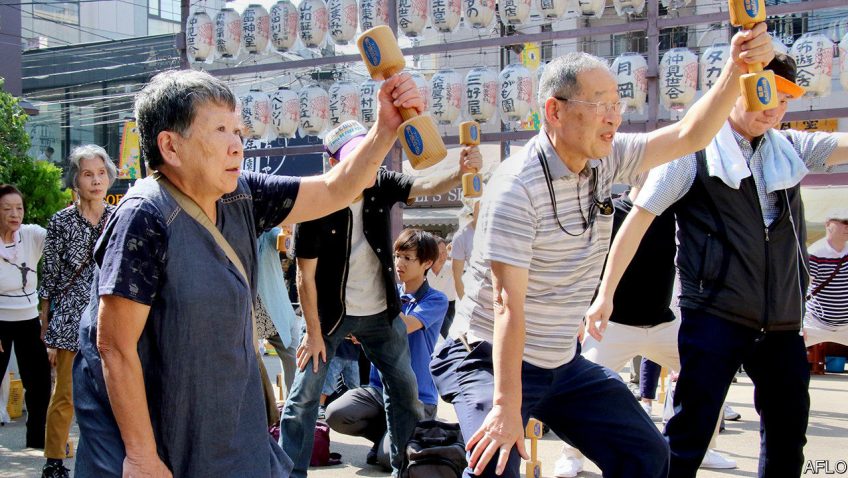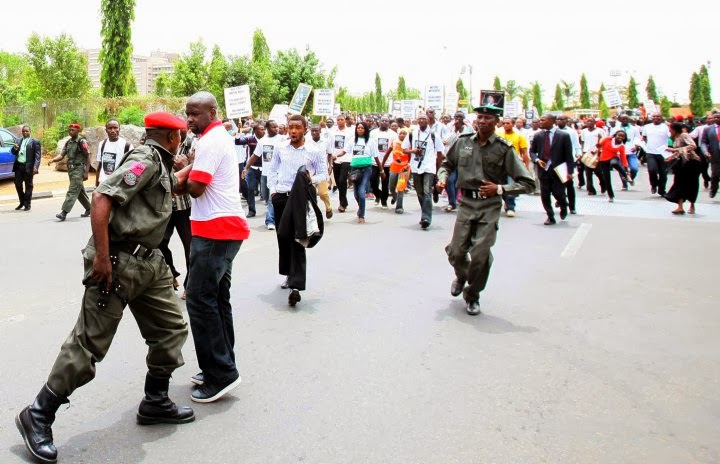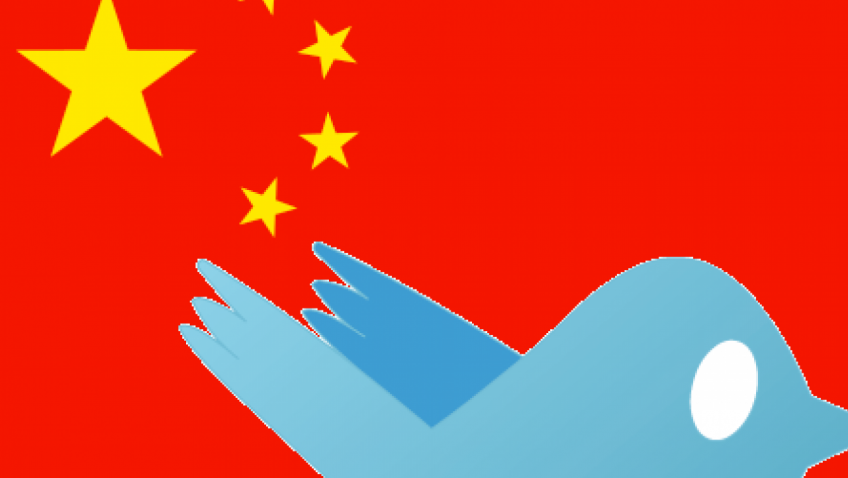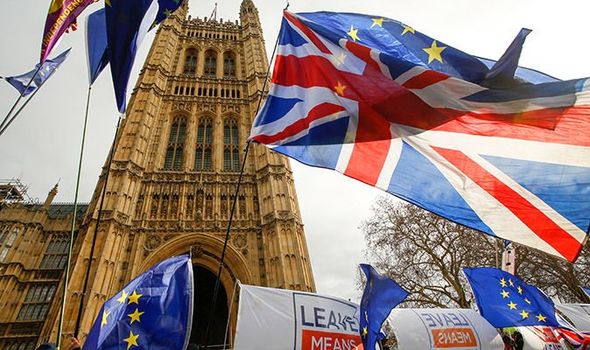Introduction
The United States conducted an airstrike Thursday near the Baghdad International Airport, killing the head of Iran’s elite Quds military Force, the Pentagon said.
“At the direction of the president, the U.S. military has taken decisive defensive action to protect U.S. personnel abroad by killing Qasem Soleimani, the head of the Iranian Revolutionary Guard Corps-Quds Force,” the Department of Defense said in a statement.
The department accused Soleimani of developing plans to attack U.S. diplomats and service members in the Middle East and held him and the military force he oversaw responsible for the deaths of hundreds of U.S. and coalition service members and wounding thousands more.
The department also said Soleimani had approved the recent attack on the U.S. Embassy in Baghdad and orchestrated the Dec. 27 attack on a northern Iraqi military base in which a U.S. contractor was killed.
“This strike was aimed at deterring future Iranian attack plans,” the department said. “The United States will continue to take all necessary action to protect our people and our interests wherever they are around the world.”
Towards a ” harsch revenge “?
Iran’s supreme leader Ayatollah Khamenei condemned the airstrike and vowed revenge for Soleimani’s death.
“Harsh revenge awaits the criminals who have the blood of [Soleimani] and other martyrs of last night’s incident on their hands,” he said in a statement, the semi-official Tasnim News Agency reported.
President Hassan Rouhani said his death will double the resolve of Iran to stand up to “U.S. greed and defend Islamic values.”
“There is no doubt that the great nation of Iran and the other free nations of the region will take revenge on this horrible crime from criminal America,” he said in a statement.
On Friday, the U.S. Embassy in Baghdad urged American citizens to leave the country “immediately.”
“U.S. citizens should depart via airline while possible, and failing that, to other countries via land,” it said on its website.
The IRGC confirmed Soleimani was killed in U.S. airstrikes along with Abu Mahdi al-Muhandis, the second-in-command of Iraq’s Popular Mobilization Units, Iranian state-run Press TV reported.
In a statement, the IRGC said U.S. helicopters targeted vehicles near Baghdad International Airport.
Three rockets were fired near the air cargo terminal, burning two vehicles and wounding a number of people, the Iraqi Interior Ministry’s Security Media Cell said in a statement on Facebook that accompanied photos of wreckage on fire.
“The U.S.’ act of international terrorism, targeting and assassinating General Soleimani — the most effective force fighting [Islamic State], Al Nusrah, Al Qaeda — is extremely dangerous and a foolish escalation,” Iran’s Foreign Minister Javad Zarif said in a statement, referring to various terrorist groups active in the region. “The U.S. bears responsibility for all consequences of its rogue adventurism.”
Following news of Soleimani’s death, President Donald Trump tweeted a picture of the American flag.
Is Iraq the new battelfield ?
Trump designated Iran’s secretive elite military force as a terrorist group in April and has been putting both diplomatic and economic pressure on the Middle Eastern country, which the United States accuses of conducting attacks through proxies to destabilize the region.
The attack comes hours after U.S. Defense Secretary Mark Esper warned Iran that continued attacks against U.S. forces would be met with a military response.
“To Iran and its proxy militias: We will not accept continued attacks against our personnel and forces in the region,” Esper said in a statement. “Attacks against us will be met with responses in the time, manner and place of our choosing. We urge the Iranian regime to end their malign activities.”
He later told reporters that the United States is prepared “to exercise self-defense, and we are prepared to deter further bad behavior from these groups, all of which are sponsored and directed and resourced by Iran.”
For two days rioters attacked the U.S. Embassy in Bah, retreating after U.S. troops fired teargas to disperse them. In response, the Pentagon has deployed about 750 additional troops to the Middle East.
Esper told reporters Thursday they will be reinforcing U.S. facilities and protecting personnel.
“And, obviously, they have the capability to perform other missions as well as need be,” he said.
Chairman of the Joint Chiefs of Staff Gen. Mark Milley said further attackers on the U.S. Embassy would be running “into a buzz saw.”
The attack on the U.S. Embassy in Baghdad was in response to the United States conducting airstrikes late December on locations belonging to the Iran-back Iraqi paramilitary group Kata’ib Hezbollah, during which at least 25 people were killed and 51 were injured.
On New Year’s Eve, Trump told reporters from his Mar-a-Lago resort that he didn’t want war with Iran.
What do Iraqis think ?
“I want to have peace,” he said. “I like peace. And Iran should want peace more than anybody. So, I don’t see that happening. No, I don’t think Iran would want that to happen. It would go very quickly.”
Several Democrats criticized the airstrike not only over its legality as Congress was not involved in the decision making but that it may instigate further attacks against the United States.
Rep. Eliot Engel, chairman of the House committee on foreign affairs, said in a statement Friday that Soleimani “had the blood of Americans on his hands” and that he won’t “grieve his death” but his death may turn him into a martyr and entice retaliation.
“We are now again on the brink of direct confrontation in the Middle East,” Engel said. “Tonight’s action represents a massive escalation in our conflict with Iran with unpredictable consequences.”
Also, Trump ordering the strike without consulting with Congress raises “serious legal problems” and is an affront to its powers, he said.
“Even if this strike was in self-defense, no current congressional authorization covered it and the president needs to notify Congress within 48 hours pursuant to War Powers Resolution,” he said. “The law requires notification so the president can’t plunge the United States into ill-considered wars.”
Democratic Sen. Chris Murphy of Connecticut called the airstrike an “assassination” and questioned the rationale of conducting the mission to deter future Iranian attacks without considering the consequences of doing so.
“One reason we don’t generally assassinate foreign political officials is the belief that such action will be more, not less Americans killed,” he said. “That should be our real, pressing and grave worry tonight.”
Sen. Marco Rubio, R-Fla., criticized this idea, stating Iran has attacked the United States for years “because they believe our threats of retaliation was idle talk.”
“Some are so blinded by hatred of Trump that they argue he has done something sinister,” he said on Twitter. “It’s crazy. Total derangement.”
Secretary of State Mike Pompeo tweeted a video of Iraqis allegedly dancing in the streets in celebration of Soleimani’s death.
“Iraqis — Iraqis — dancing in the street for freedom; thankful that Gen. Soleimani is no more,” he wrote.
Source
This article was published on another website here’s the link : https://www.upi.com/amp/Top_News/World-News/2020/01/02/US-kills-top-Iranian-general-in-Baghdad-airstrike-Khamenei-vows-harsh-revenge/6991578024432/

